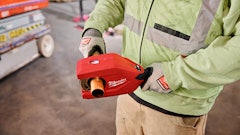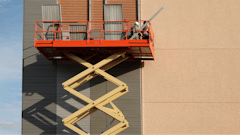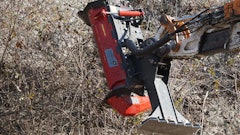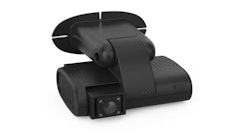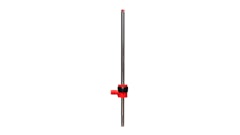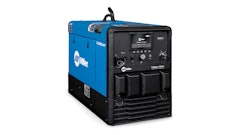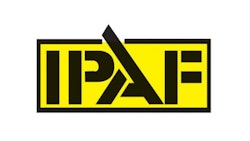
The Mast-Climbing Work Platform Committee/Council of IPAF and SAIA have released a joint statement about recent accidents in the U.S. and Canada:
"The Mast-Climbing Work Platform Committee/Council of IPAF and SAIA are saddened by the accidents in Raleigh, NC and Toronto, Canada. We would like to extend our sympathies and prayers to the families of those who lost their lives and were injured in these tragic events. This emphasizes the importance, especially in light of the current resurgence in construction, of training, continuing education as well as inspection of equipment.
"Since their introduction in the 1960s, mast-climbing work platforms (MCWPs) have been used extensively without incident throughout many sites worldwide and in the USA and Canada. Mast-climbing work platforms are popular with an array of trades including the masonry, stucco, glass and refurbishment industries where they can offer safety, productivity and ergonomic benefits. When installed and used correctly they are as safe as or safer than other forms of powered access or scaffold.
"The key to the safe use of mast climbers is appropriate training. This has led manufacturers and industry bodies to develop robust training programs for both erectors and operators of mast-climbing work platforms.
"The mast-climbing industry has collectively strived for many years to ensure that all operators and erectors benefit from this level of appropriate training, but since there are no specific national training regulations for mast climbing work platforms in the USA or Canada, employer education and outreach is a continual priority of the industry.
"The mast-climbing industry will continue to take a proactive approach to employer education and appropriate training and will continue to work with OSHA to find opportunities to reinforce this requirement," IPAF and SAIA said.



